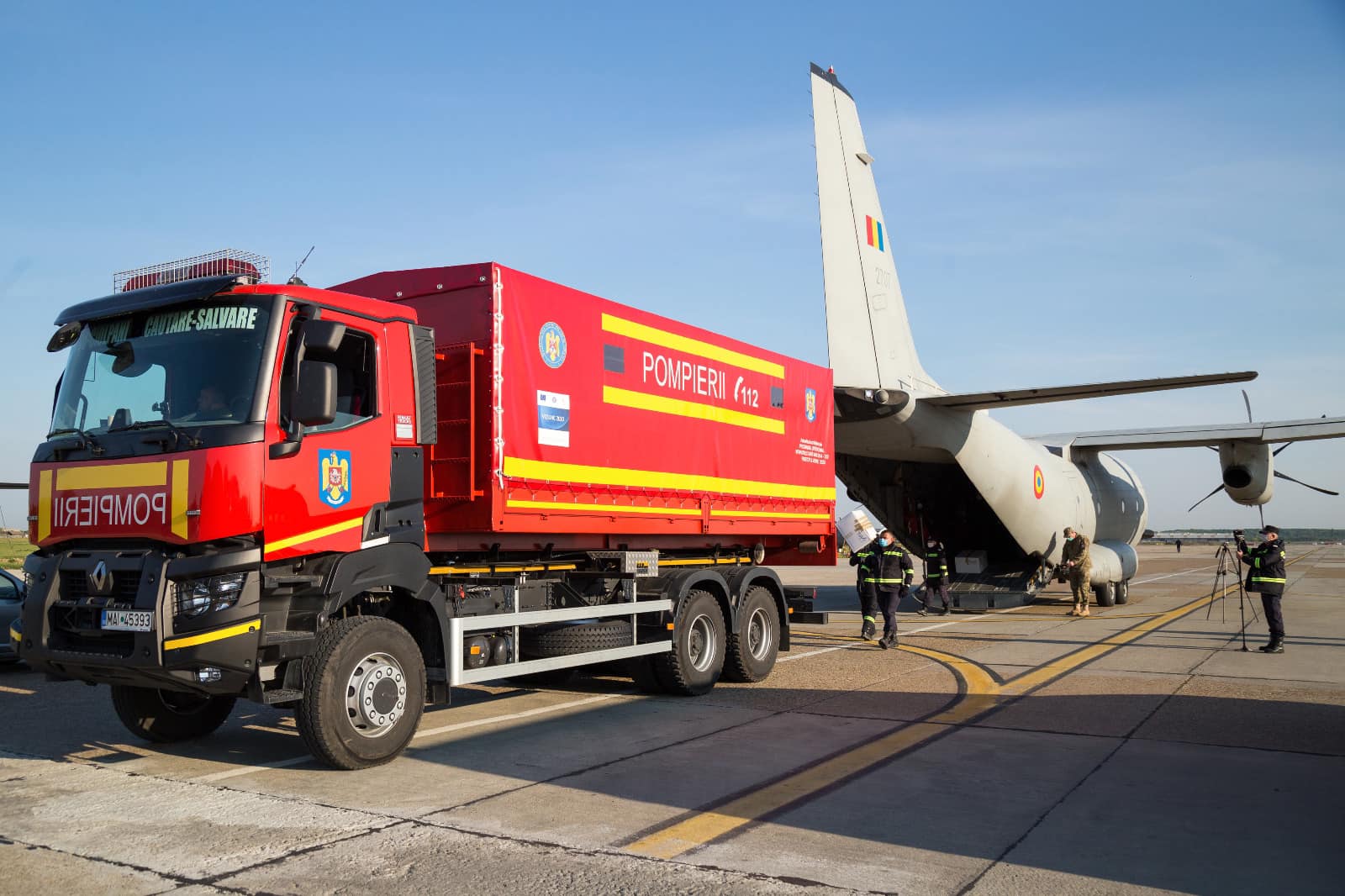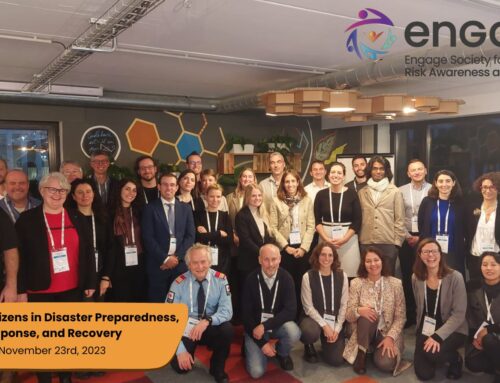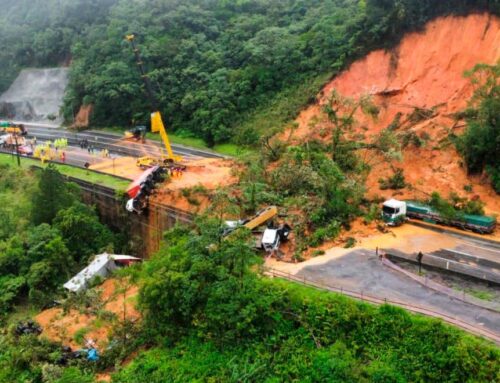In Romania, the Department for Emergency Situations was in charge of implementing prevention and preparedness measures of civil protection in order to reach a higher degree of resilience at the society level. The cooperation with the population (mostly volunteers), but also with civil society organisations and private sector, conducted to a broad network that was involved in public awareness campaigns and exercises (either field or virtual reality).
Simulation exercises are designed to improve the operational cooperation in civil protection assistance. This is strictly link to understanding how citizens acts during an emergency and how it is possible to increase a mutual collaboration. Cooperation among stakeholders, contingency planning, decision-making procedures, communication to the public and the mass-media in major emergency situations can therefore be tested and it helps identifying further training needs and operational gaps.
In virtual reality exercises, but also on the ground during the field exercises, the main purpose is to work with both citizens and civil society, but also to test the resilience of the national integrated emergency system. Regarding the cooperation with the civil society, there have been identified lessons learned and best practices during the exercises, thus the Department promoted the partnership with civil society representatives on the topic of preparation for emergency situations (including awareness campaigns, interdisciplinary table-top exercises, development of mobile apps and platforms on risk awareness and civil protection recommendations). On the other side, the level of resilience is tested through its seven baseline requirements: continuity of government, energy supplies, ability to deal with uncontrolled movement of people and mass casualties, food and water resources, resilient transportation and communication systems.
During the exercise, the continuity of government is a coordinated effort within the executive, legislative, and judicial branches to ensure that essential functions continue to be performed before, during, and after a catastrophic emergency. The development and maintenance of continuity capabilities helps build and sustain a more resilient nation, equipped to sustain essential functions, deliver critical services, and supply core capabilities under all conditions. Continuity of government is important as it can be applied not only in public institutions, but also in private sector (including actors that are in charge of critical infrastructure) or civil society organizations.
Also, it can be seen that shelter, food and water, but also first aid, all are important in emergency situations. The evacuation center located at the National Arena in Bucharest is a very capable facility for use as an emergency and temporary shelter. There is ample space and ‘wraparound’ services available to quickly convert the center to a population sheltering, protection, monitoring, and caring and feeding facility. Approximately 10,000 cots were setup inside the area. Each cot had a sleeping bag and personal hygiene kit on it. Additional blankets were available to evacuees.
Think of the unthinkable, practicing and exercising, testing the reaction in various scenarios and taking into account different risks, involving population and civil society organizations, all these issues can help in reaching a societal resilience and having better prepared communities.
Author: Department for Emergency Situations, Romanian Ministry of Internal Affairs





